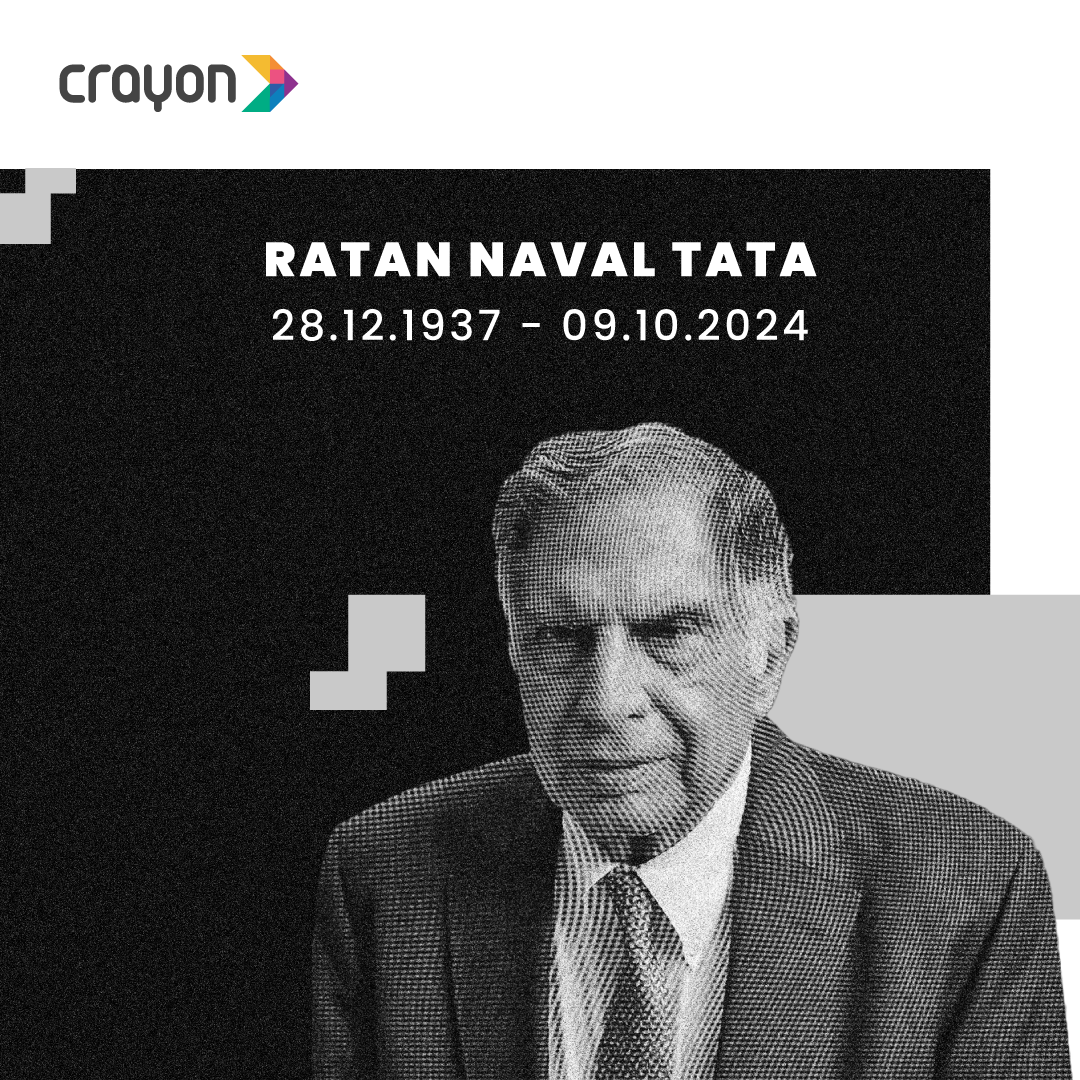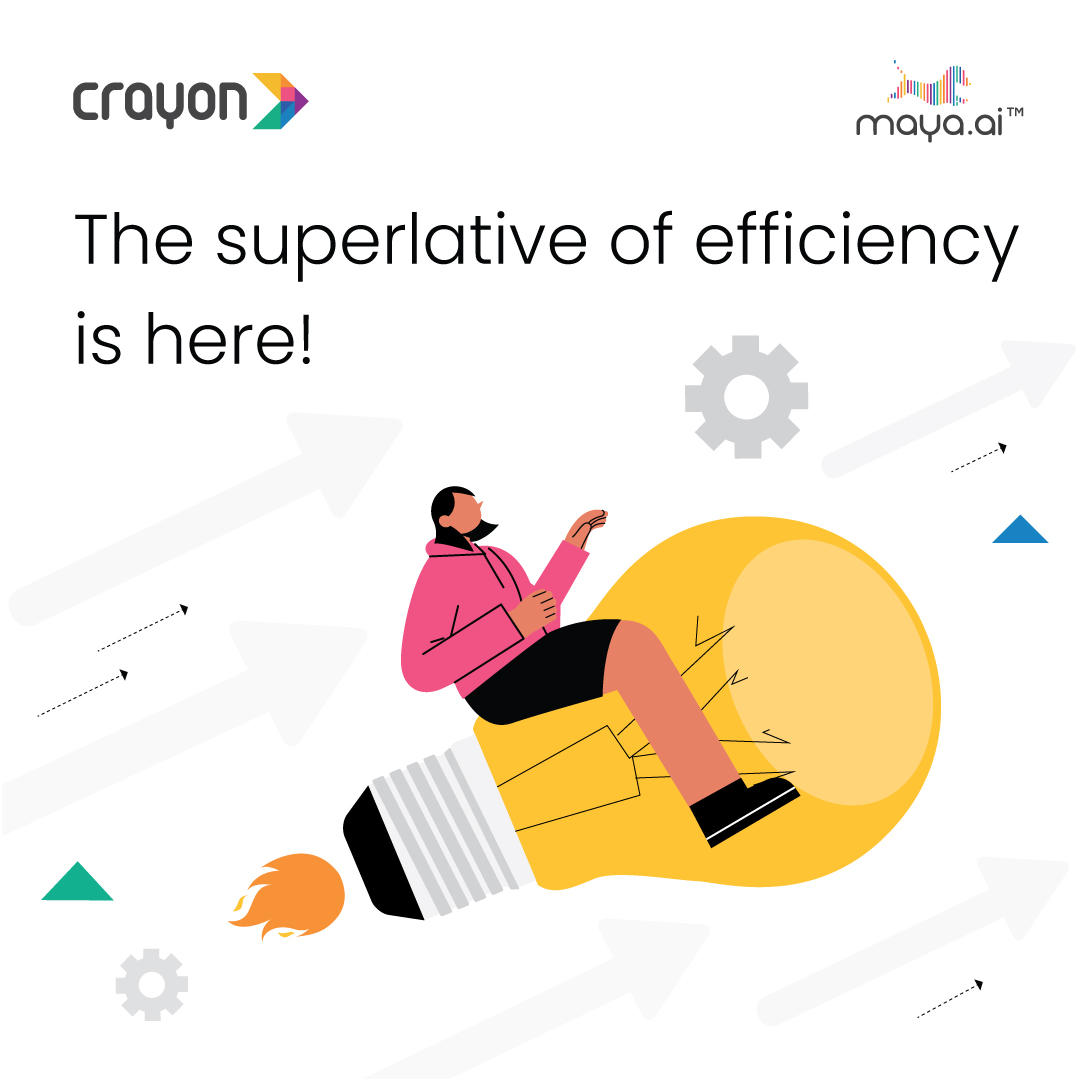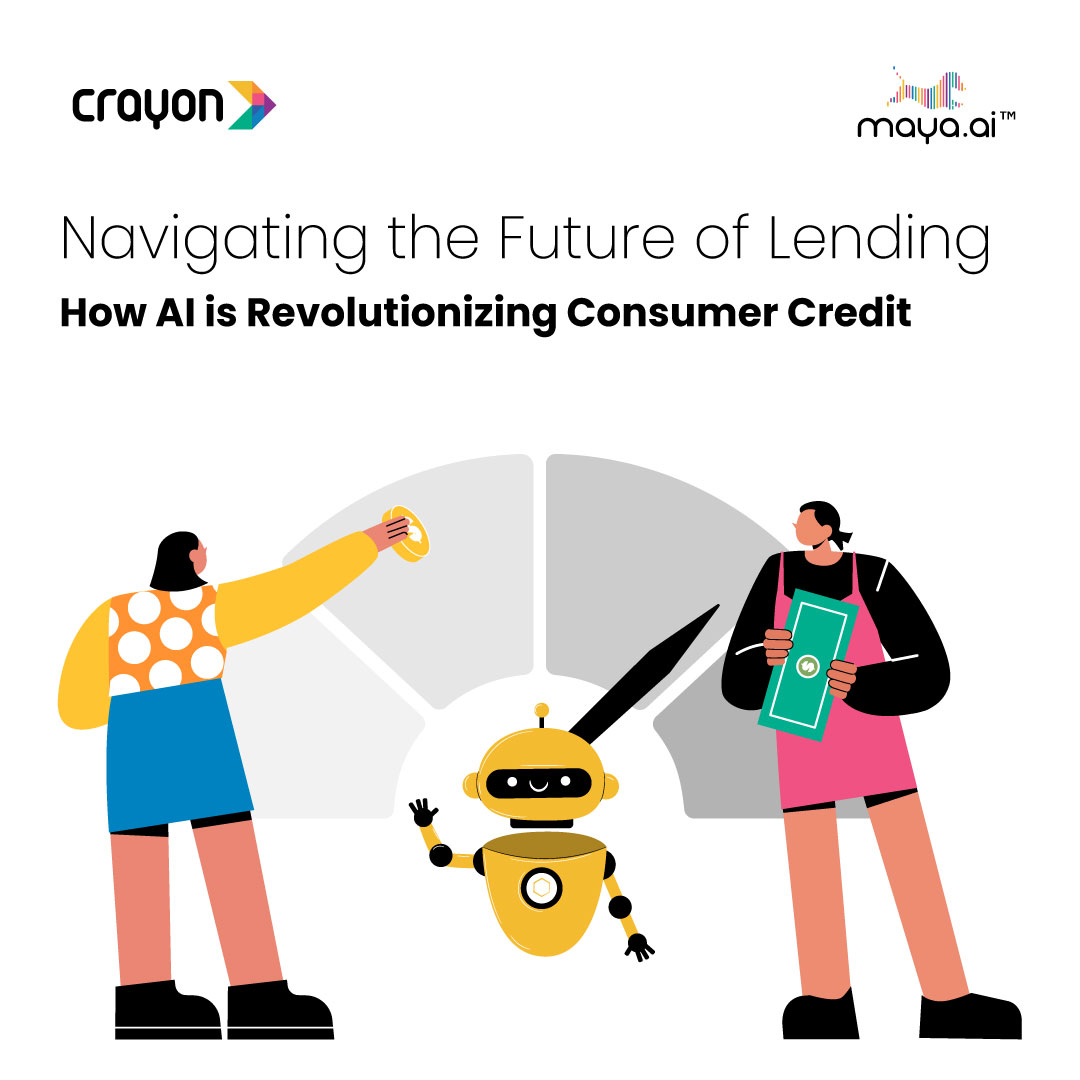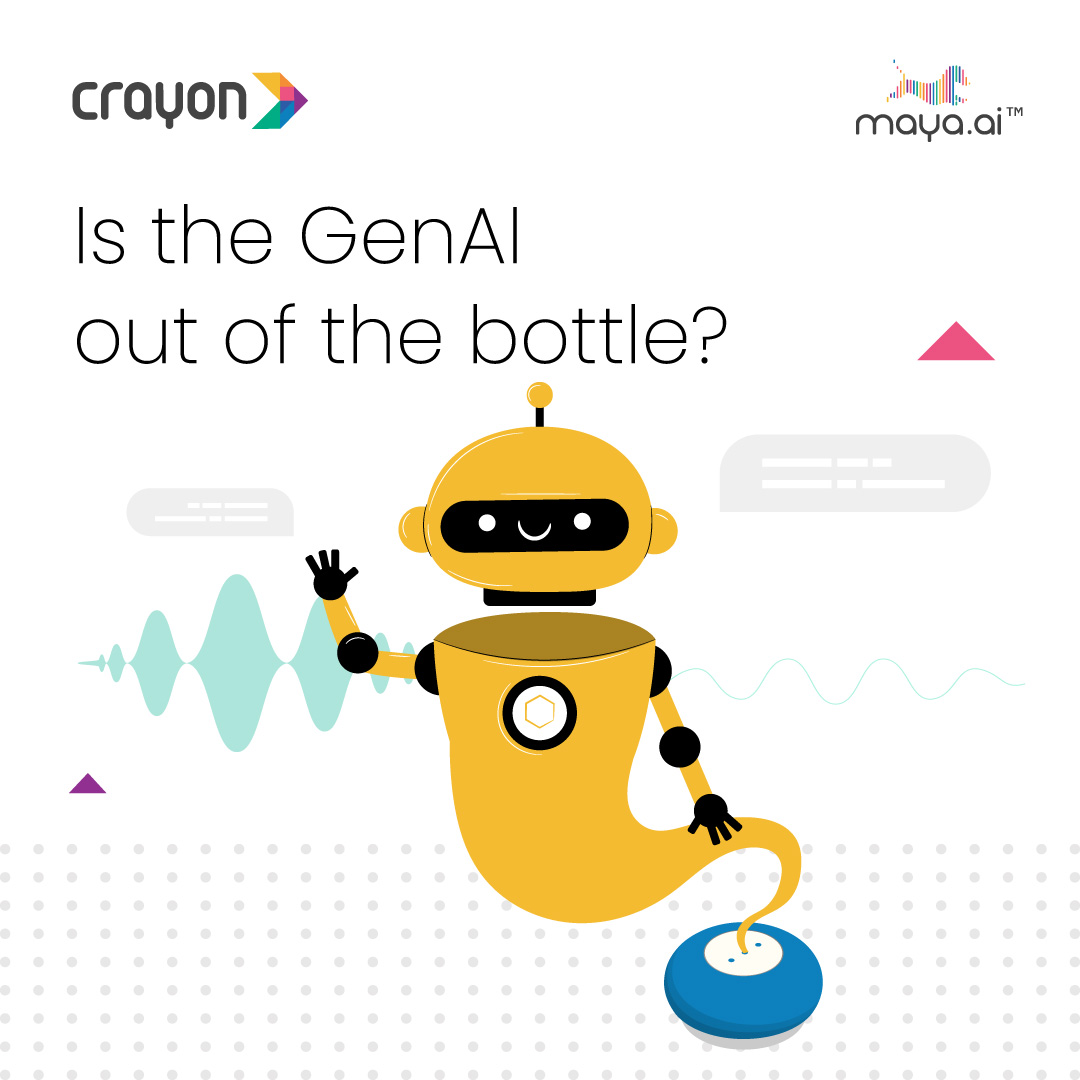I recently interviewed Dr. Jurgi Camblong, expert in data-driven medicine and CEO of SOPHiA GENETICS – a health tech company which has developed SOPHiA Artificial Intelligence (AI), the most advanced technology for clinical genomics, helping healthcare professionals better diagnose and treat patients.
Jurgi is a Molecular Biologist (published in Cell, Science & Nature) with a PhD in Life Sciences from the University of Geneva, and an EMBA in Management of Technology from EPFL/HEC Lausanne. He founded SOPHiA GENETICS in 2011.
Read the interview below:
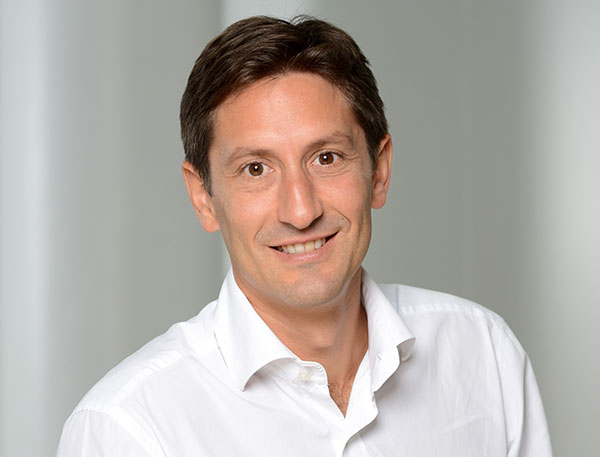
Dr. Jurgi Camblong, expert in data-driven medicine and CEO of SOPHiA GENETICS
1. “The Democratization of medicine” is relatively an emerging topic in the healthcare industry. What does it mean by the term “democratizing medicine?”
To be precise, it is Democratizing Data-Driven Medicine. SOPHiA GENETICS helps hospitals worldwide to provide more accurate diagnoses and treatments through the adoption of Data-Driven Medicine (genomic and radiomic) applications both for oncology and rare diseases. How we democratize Data-Driven Medicine? – Using our innovative and collective approach, we are trying to promote equal access to Data-Driven Medicine technology. Our network enables every healthcare institution to adopt a genomic or radiomic application, regardless of their location or immediate access to Lab equipment. This position allows the company to be at the forefront of what we call Precision Medicine.
2. In other words, democratizing medicine means to give complete control to the individuals so that, with the new tools, they can take charge and ownership of their data and ownership of their health. What are the major challenges in achieving this transformation in the current healthcare system? And how to overcome them?
Whilst nations are joining the race to become leaders in this data-driven medicine powered by AI, it is critical to not work in silos and develop technologies that are already on the market. Instead, it is important to look beyond national borders and work together to build a collective intelligence which can make a real impact on people’s health outcomes. We welcome countries’ ambitions to invest in artificial intelligence and help push progress in order for the current healthcare systems to advance to the next level.
3. SOPHiA GENETICS recently closed a $77 million investment round to accelerate the democratization of data-driven medicine through its universal platform, SOPHiA AI. Tell us about your platform.
SOPHiA GENETICS combines deep expertise in life sciences and medical disciplines with mathematical capabilities in data computing. Our mission is to bring data analytics solutions to market, to support healthcare professionals by maximizing the power of Data-Driven Medicine. We achieve this mission through the global adoption of SOPHiA artificial intelligence.
4. With SOPHiA AI, you aim to help make the global healthcare system more sustainable and help patients all over the world receive equal access to better care. What is the role of data, AI, machine learning and cloud capabilities in this? Can you explain?
All of the above listed were important to create SOPHiA. The AI was named after the Greek word for wisdom, built to gain and spread medical knowledge. Cancer and hereditary disorders comes from molecular alterations. Knowing precisely the molecular profile of a patient allows clinicians to better diagnose and treat them. AI technology helps to detect the signal out of the noise and is able to process large amount of data. More the AI faces different cases more the analysis is precise.
5. SOPHiA AI has been now utilized by more than 850 hospitals across 77 countries and has already supported the diagnosis of over 300,000 patients. What is next?
It is just the beginning of a new Era in healthcare. The aim is to first accelerate the adoption of Data-Driven Medicine applications both for genomics and radiomics analysis as these applications can already save lives.

